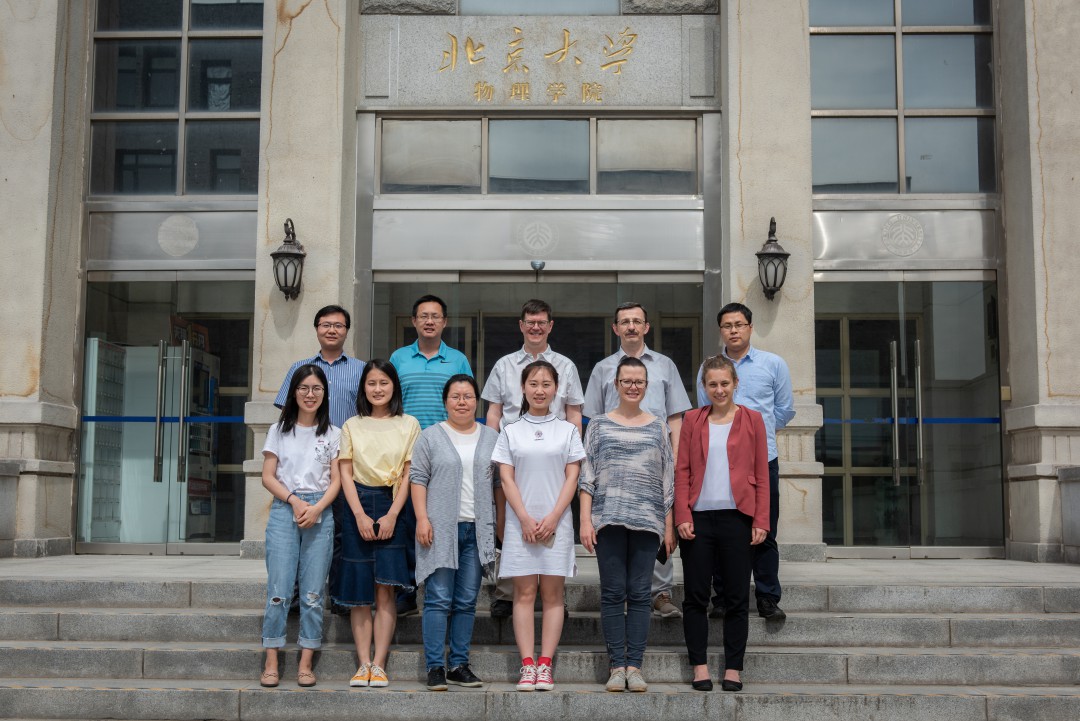News
Project End
After three and a half years we have reached the end of the UNCNET project. We are proud of what we have achieved and are happy to share it with you in the form of our final project report. However, this is only the first step as there will be publications to follow soon. So stay tuned for more updates!
Final Stakeholder Conference
On May 31 our final stakeholder conference took place in Vienna. Following input by Mark Sutton and Ika Djukic from the Austrian Environmental Agency (UBA), we presented how the expertise from each partner institute was fused in the development of the urban N budgets for our four test areas. Differences as well as similarities between these test areas were explained and the key messages describing the project results were developed. These results were more broadly discussed with local stakeholders from industry, administration and academia, as well as with Nitrogen budget experts joining the conference from the Expert Panel on Nitrogen Budgets who held their meeting back-to-back on the next day. These insightful discussions gave us a better ideas of potential uses and ways forward for our urban N budget. Have a look at our presentations for more information on the topics discussed.
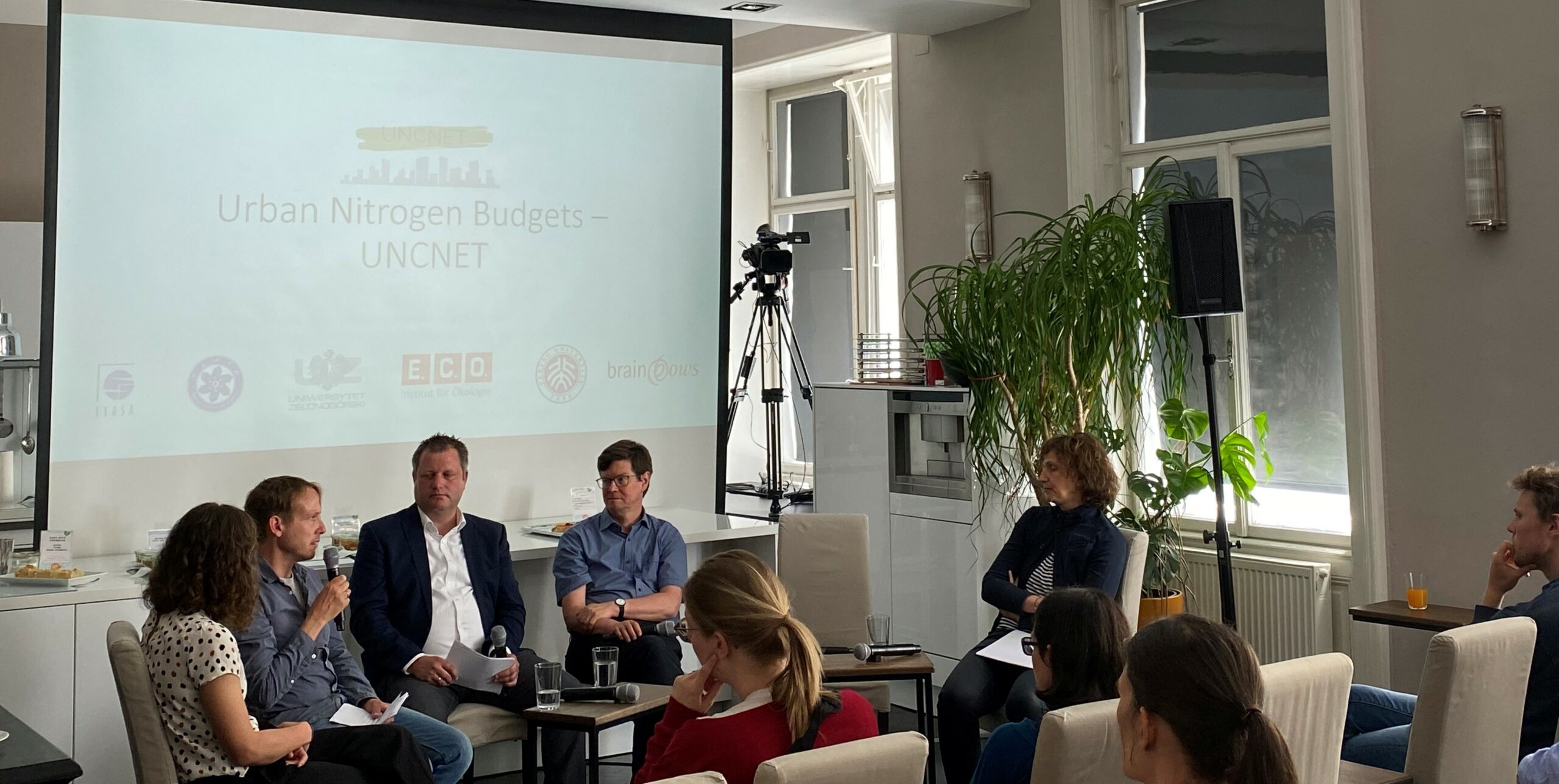
Stakeholder Conference 2022
We are delighted to announce that after two fruitful stakeholder meetings in Klagenfurt and Vienna, our final stakeholder conference will take place on May 31 in Vienna. Join us to learn more about our project and exchange your thoughts with expert from around the world. Register here.
Stakeholder Workshops in Austria
On October 12 and 14, we organized stakeholder workshops in Klagenfurt and Vienna. We welcomed participants of different professional background and area of expertise, allowing for a fruitful exchange. During this exchange the first results for the Austrian test areas (Vienna, Vienna surrounding and Klagenfurt and Villach) were discussed as well as first comparisons between these areas and the Polish test areas (Zielona Góra, Zielona Góra new district). The focus in these discussions was on how to improve the presentation of the project outcomes to make them more understandable and applicable to a broader audience, and to identify items/results of specific value for the stakeholders.
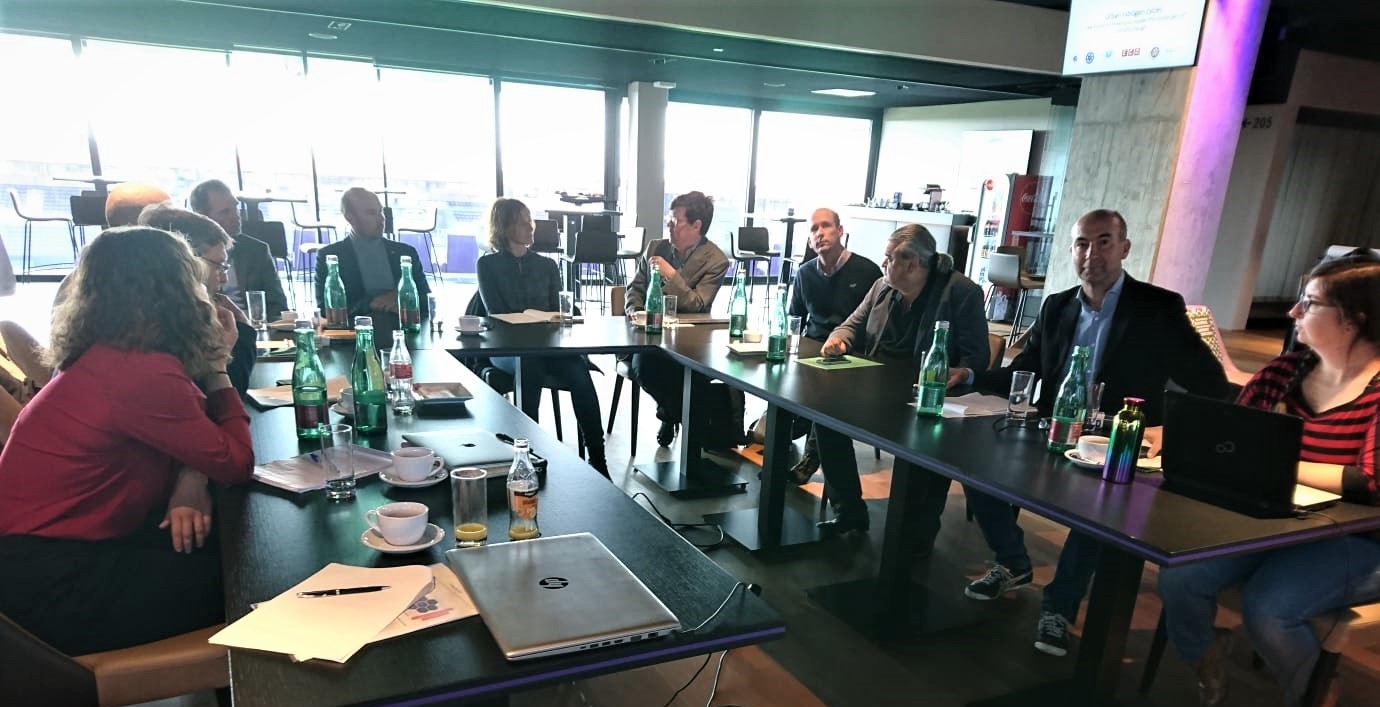
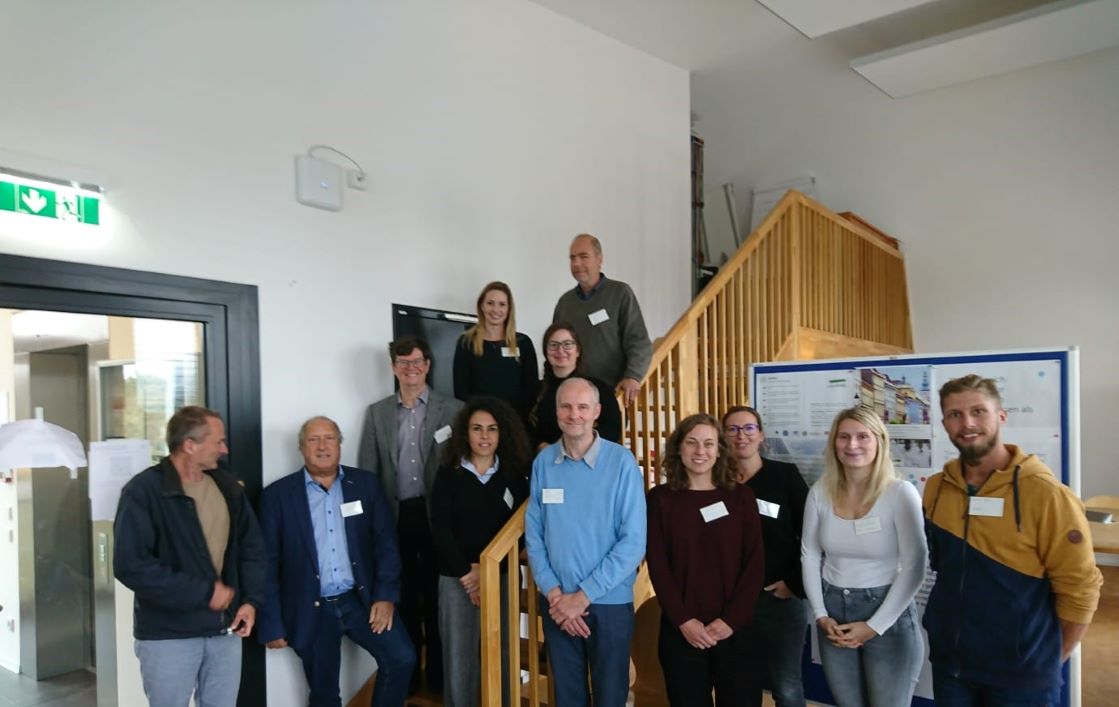
UNCNET Annual Meeting 2021
This year’s annual meeting and second project plenary again had to be held online. Sessions were organized for September 16 and 17, 2021. Project progress by methodology, by test area, and approaches for comparison were discussed. A high level of interaction between teams has been achieved already, as also demonstrated by numerous joint scientific publications. Interaction with stakeholders remains a priority issue, aiming for best use of top science for public purposes. October will see the next stakeholder workshops, including first results for an urban Nitrogen budget for the Klagenfurt/Villach region. Stay tuned to learn about upcoming activities and results!
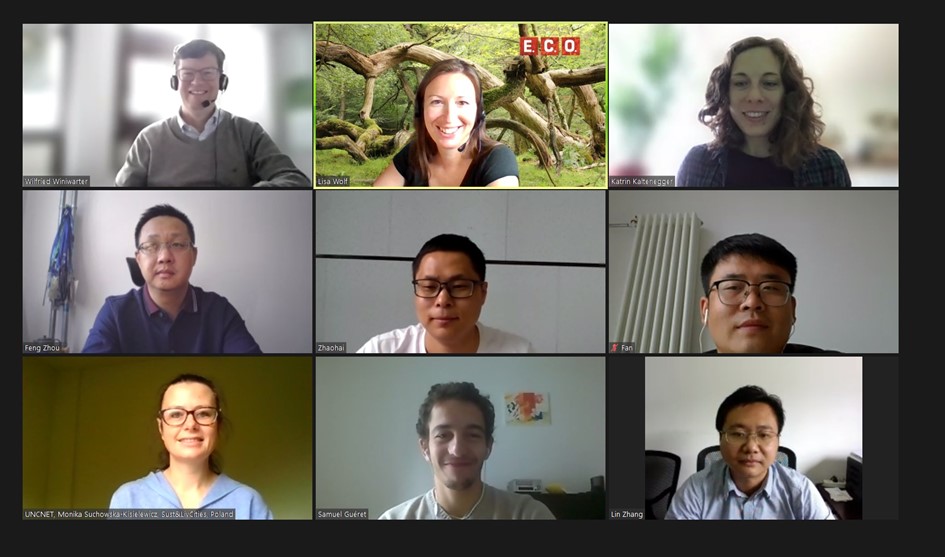
Largest in-person UNCNET meeting since kick-off
IIASA welcomed Monika Suchowska-Kisielewicz and Lisa Wolf in Laxenburg (Austria) for the first meeting since kick-off to involve participants from two countries and three institutions. Goals of this meeting were to discuss and compare results of the respective urban N budgets for Vienna and Zielona Gora and discuss the stakeholder process in Poland as well as the upcoming stakeholder workshops in Vienna and Klagenfurt.
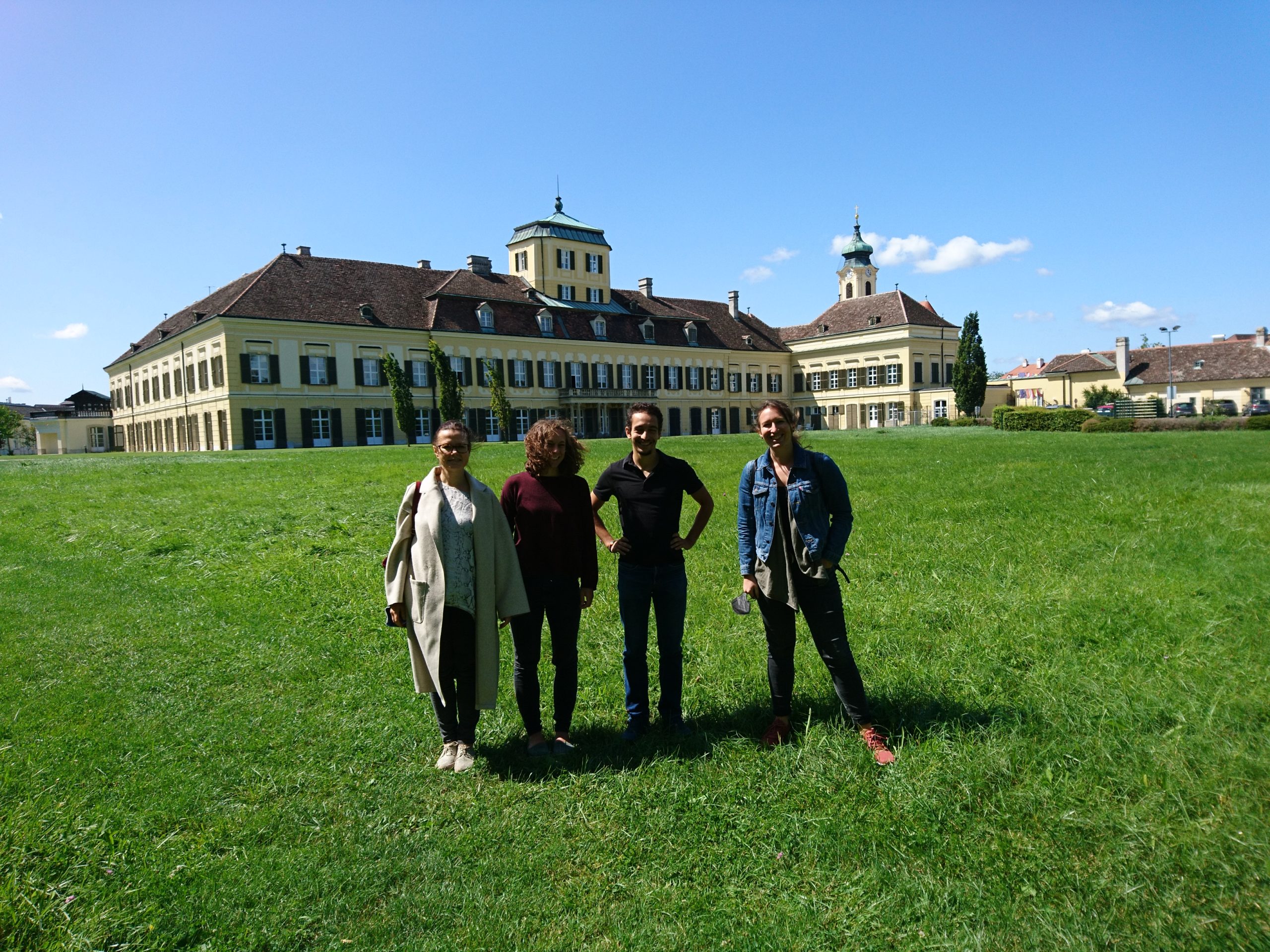
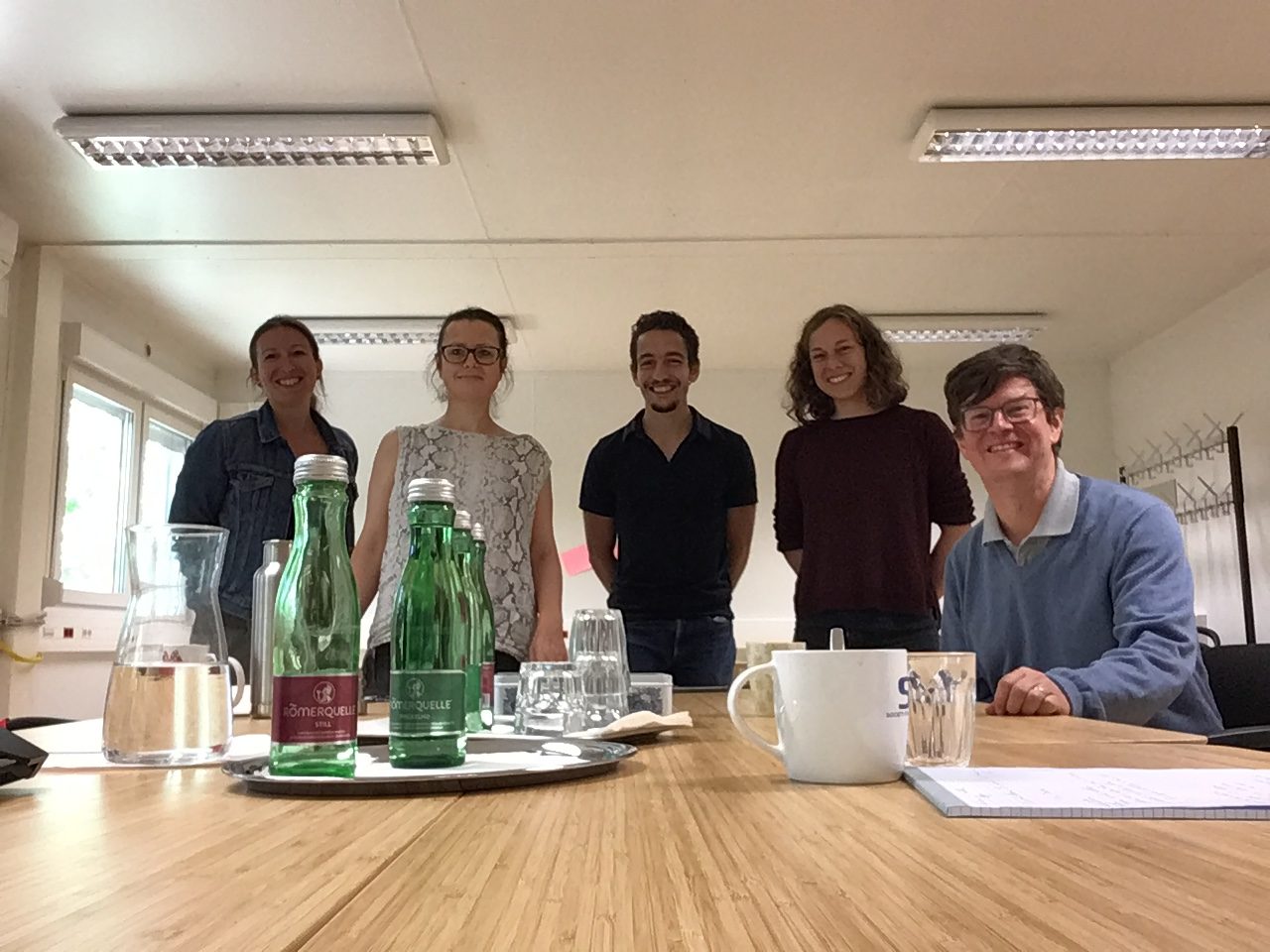
Global Nitrogen Conference 2021
The 8th global Nitrogen conference of the International Nitrogen Initiative (INI) was held online from 30th of May to 4th of June 2021. As a contribution to this conference, Monika Suchowska-Kisielewicz presented her work on assessing the efficiency of Nitrogen removal from wastewater and Wilfried Winiwarter presented the framework of urban Nitrogen budgets derived within the UNCNET project. Being able to disseminate the ideas and outcomes of the UNCNET project we equally profited from the plentiful program of the INI inspiring further activities for UNCNET.
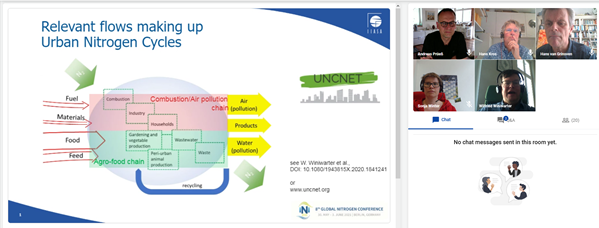
Paper published describing the UNCNET Framework
On December 15, 2020, our review paper on urban N budgets was published in the Journal of Integrative Environmental Sciences. We used this paper to derive a framework and key elements for further analysis from existing work on urban N budgets. Specifically, we were able to clearly separate the agri-food chain and the energy-chain of nitrogen flows that we will use in the budget calculations and benchmarking of the respective test areas in the UNCNET project. Have a look!
Stakeholder Workshops Klagenfurt/Vienna 2020
With a slight delay and a change of venue, the stakeholder workshop for Klagenfurt and Vienna took place online on 13th and 17th of November 2020. A combination of Zoom and the virtual Whiteboard Miro was used to facilitate and enhance the interaction between and with our participants. As no nitrogen budget is to be calculated for the city of Klagenfurt, the participants of this first workshop discussed the general framework of urban N budgets and the usefulness of the concept for their work. In the second workshop, a more detailed discussion on data requirements and availability was possible due to the vivid participation of representatives of Vienna city administration and of other stakeholders. Altogether the discussions in both workshops enabled us to get a more complete picture of the requirements to develop urban N budgets.
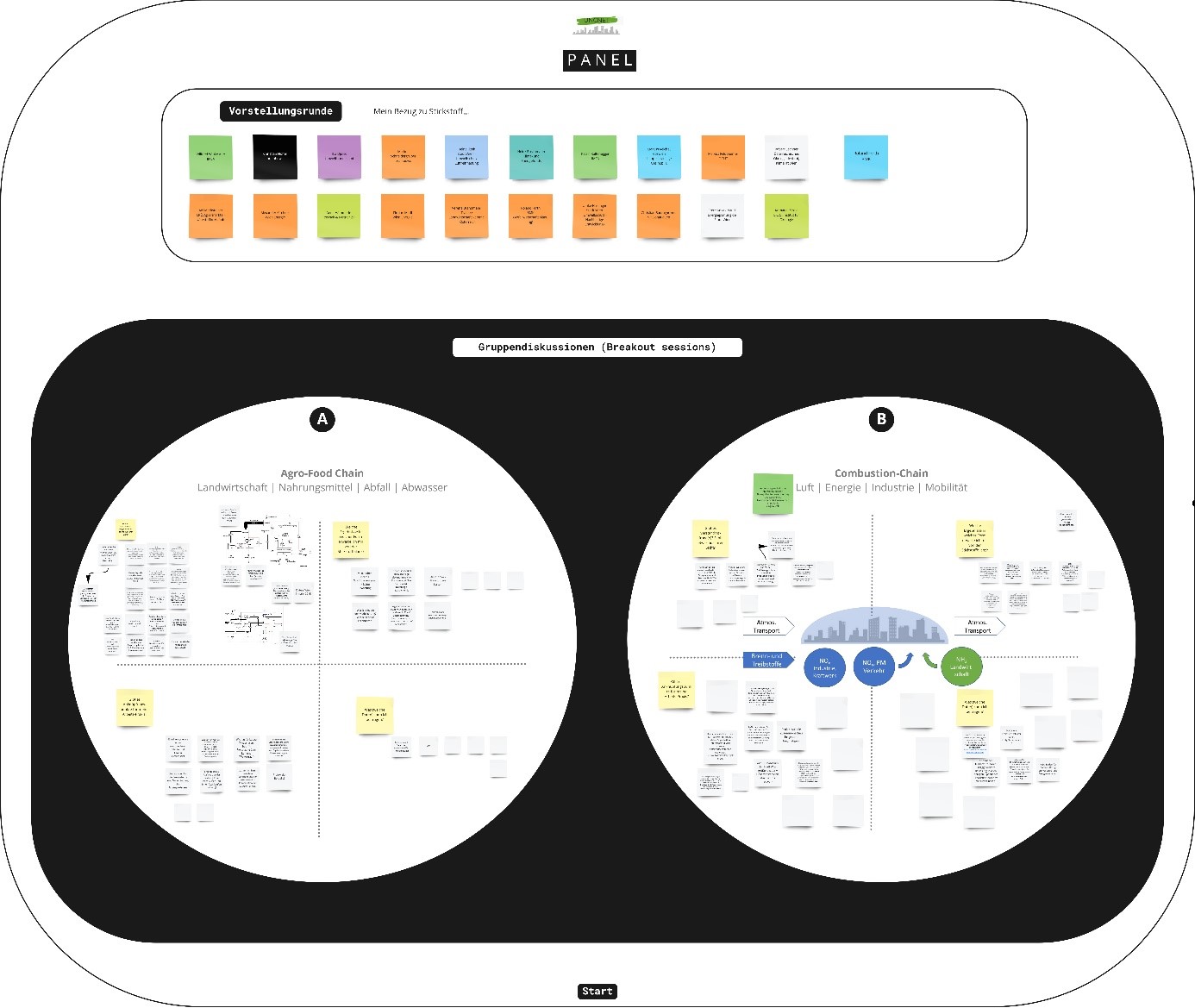
UNCNET Annual Meeting 2020
The annual meeting 2020 had to be moved to September 10 and 11, and had to be held online – both a consequence of the pandemic. In two 1.5 hour sessions each day, we discussed the progress of each work package as well as the progress of the urban N budgets for each test area. The meeting clearly showed that although the global health crisis altered workflows and interactions, significant progress was achieved by all partners.
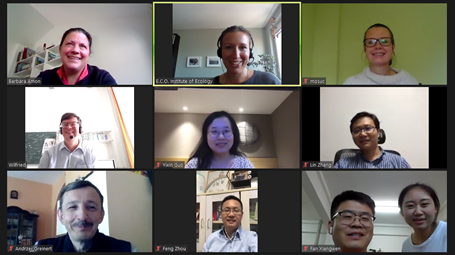
Kick-off Meeting
From the 2nd of June to the 3rd of June the Kick-off meeting of the UNCNET project took place in Beijing. During this meeting with participants from Poland, China and Austria, expertise were exchanged and requirements for each work package were determined in order to define system boundaries and clarify each participating institution’s role in this project.
